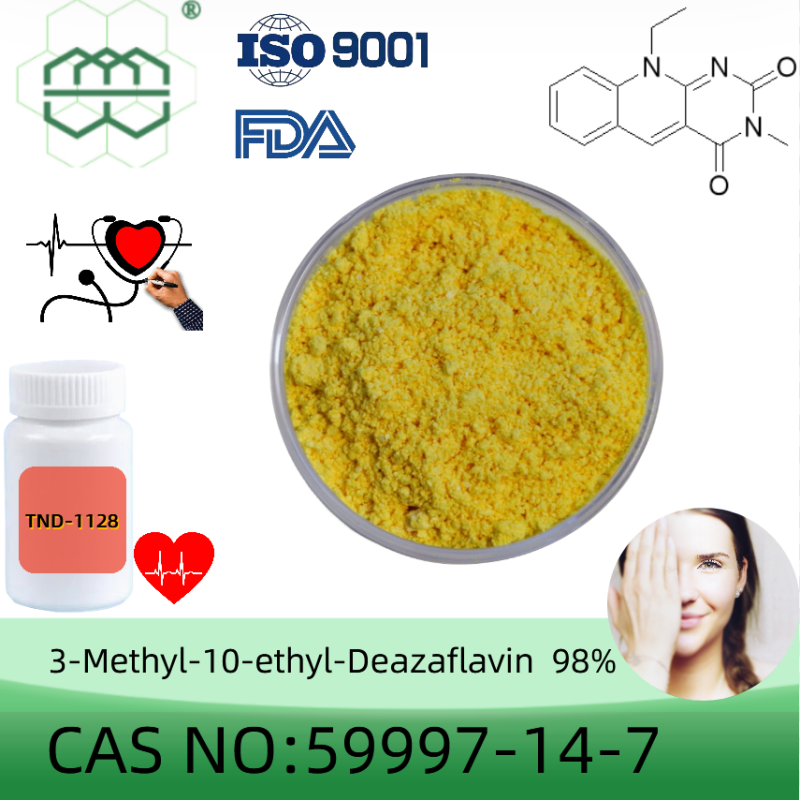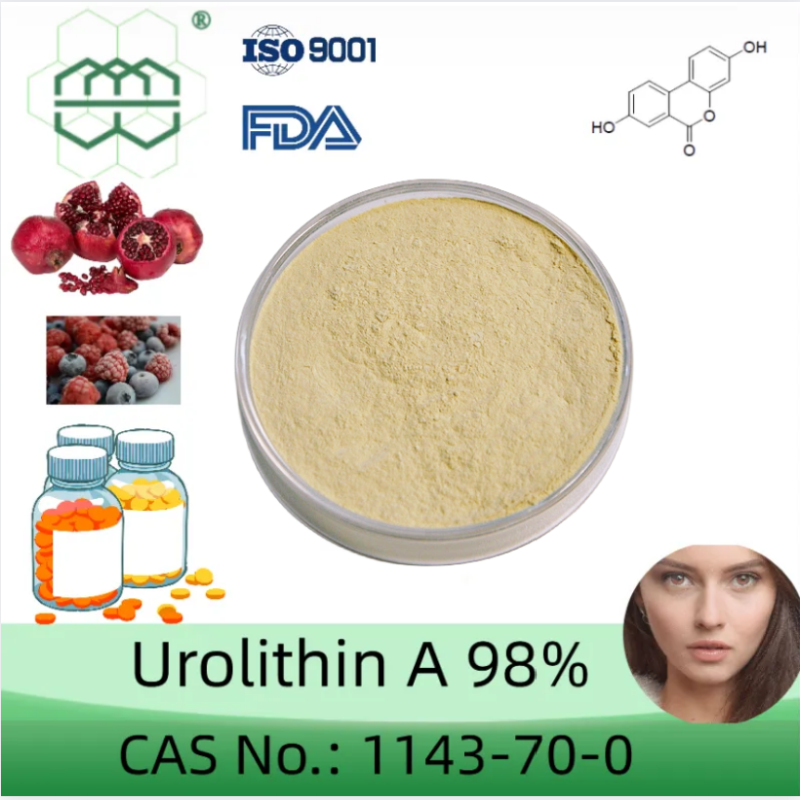-
Categories
-
Pharmaceutical Intermediates
-
Active Pharmaceutical Ingredients
-
Food Additives
- Industrial Coatings
- Agrochemicals
- Dyes and Pigments
- Surfactant
- Flavors and Fragrances
- Chemical Reagents
- Catalyst and Auxiliary
- Natural Products
- Inorganic Chemistry
-
Organic Chemistry
-
Biochemical Engineering
- Analytical Chemistry
-
Cosmetic Ingredient
- Water Treatment Chemical
-
Pharmaceutical Intermediates
Promotion
ECHEMI Mall
Wholesale
Weekly Price
Exhibition
News
-
Trade Service
On October 16, 2015, the International Agency for Research on Cancer (IARC) announced that red meat (cows, sheep, pigs, etc.) is a class 2A possibility carcinogen, and processed meat (ham, sausage, dried meat, etc.) is a level 1 determinative carcinogen. For every 100 grams of red or 50 grams of processed meat consumed daily, the risk of bowel cancer increased by 17 or 18 percent.
2016 issue of the International Journal of Medicine, eating more than 100 grams of red meat a day increased the risk of stroke and breast cancer by 11 percent, cardiovascular death by 15 percent, bowel cancer by 17 percent, and advanced prostate cancer by 19 percent.
new study, published April 9 in the journal American Journal of Clinical NutritionNutrition
, suggests that a
diet rich in
animal
protein
, especially
meat
, is bad for your health. This provides further support for early research evidence.
20 years of follow-up, men who ate large amounts of animal protein over
prophylin
had a higher risk of death than men who ate a more balanced diet with
protein
sources.
, men who used animal protein as their primary source of protein had a 23 percent higher risk of death than men who had the most balanced proportion of animal and plant protein in their diet. In particular, excessive meat intake was associated with adverse health effects: men who ate more than 200 grams of meat per day had a 23 per cent higher risk of death than men who ate less than 100 grams of meat per day. The men involved in the study mainly ate red meat. Most nutrition recommendations limit the intake of red and processed meats. In Finland, for example, the recommended maximum intake is 500 grams per person per week.
study also found that among men diagnosed with type 2 diabetes, cardiovascular disease or cancer at the start of the study, higher overall dietary protein intake was associated with a higher risk of death. No similar association was found in men without these diseases.
these findings underscore the need to study the health effects of protein intake, especially for those with a history of chronic diseases. The average age of the men involved in the study was 53 years, and people with a significant lack of protein in their diet were not typical in the study.
Heli Virtanen, lead author of the study and a doctoral student at the Institute of Public Health and Clinical Nutrition at the University of Eastern Finland, said: "However, these findings should not be extended to older people who are malnourished, at higher risk, and tend to have lower protein intake than recommended. Early
have shown that high intakes of animal protein, especially processed meats such as sausages and cold dishes, are associated with an increased risk of death. However, the overall health effects of proteins and different protein sources have not been clarified.
the study was based on the Kuopio Ischemia Risk Factor Study (KIHD), which analyzed the eating habits of about 2,600 Finnish men between the ages of 42 and 60 at the start of the 1984-1989 study. By analysing data provided by Statistics Finland, the researchers studied the mortality rate of the study population for an average of 20 years of follow-up. The analysis focused on the relationship between dietary protein and protein sources and mortality during follow-up, as well as other well-controlled lifestyle factors and eating habits, including healthier diets for those who ate large amounts of plant protein.
: DOI:10.1093/ajcn/nqz025.







